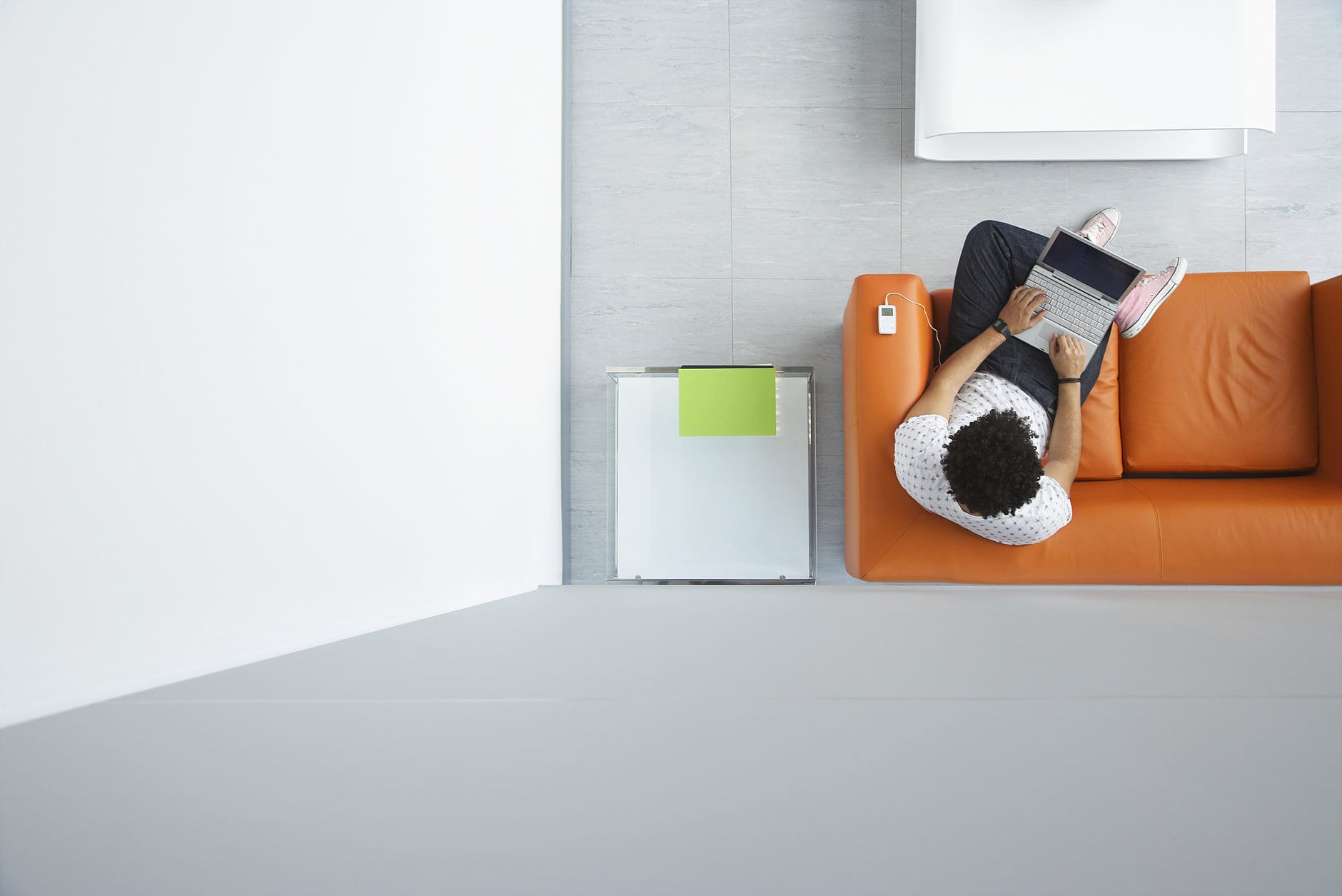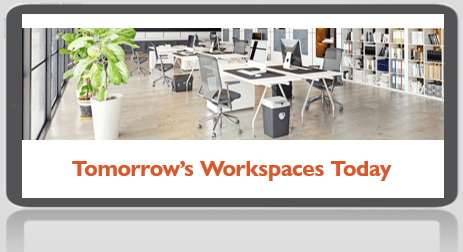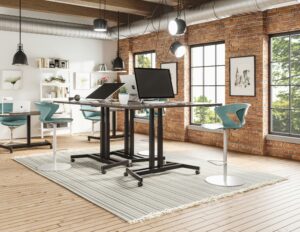The increasing pressures for mid-market businesses to become more sustainable
Sustainability in the business
Sustainability has grown greatly in importance over the years, with many businesses having sustainability on the top of their agendas. With this increasing importance on sustainability also grows the increasing pressures for businesses to respond. We share insight into how mid-market business can become more sustainable.
1. Why do businesses need to be more sustainable?
Sustainability is key for driving both external customer and internal stakeholder value. In addition to simply saving the planet, businesses need to be sustainable for more commercial reasons. These include:
- Client/customer expectation – the green market is no longer niche, especially for younger generations. Sustainable brands are being recognised and rewarded for responsible business practices. In the b2b sector it is now expected that suppliers can demonstrate that they are not just meeting the basic sustainability requirements such as paper recycling, but also taking progressive steps to improve their sustainability. A recent survey by the Institute of Workplace and Facilities Management found that 66% of the respondent thought sustainability was either very or extremely important.
- Staff retention – Talented staff, particularly millennials, are now looking to work in more purposeful and sustainable businesses, and efforts here are returning higher retention rates. The Deloitte Millennials 2018 survey found that millennials and Generation Z yearn for leaders whose decisions might benefit the world.
- Cost saving – our natural resources are limited and in the UK we are consuming these at the rate of three planets when we only have one. This limited supply sees the cost of natural resources increasing, ultimately increasing the cost of operations and production. There is also the indirect cost impact of unsustainable living: air-pollution, increasing natural disasters and climate change impact. Protecting natural resources, extending the life of assets and moving to circular business practices will all aid a slowdown in consumption rates.

2. How important is the consumer trend of being more ethical?
It is really important as it has an impact both on client and staff demand. Clients are interested not just in what you’re selling but how you are delivering it too. There is a shift across industries to offer more ethical business services and there is also a requirement and expectation of clarity around this. For larger organisations sustainability is forming part of contractual obligations: we are moving on from tick box compliance to demonstrating business principles in what we do.
For example, in a recent speech, the Minister for the Cabinet Office David Lidington announced that the Government would be changing the way that contracts are awarded by incorporating a social impact clause to ensure the protection of the environment, amongst others. This initiative starts at the top and filters down and we can expect to see more and more companies include a sustainability clause in their contracts.
3. How can mid-market businesses become more sustainable?
The key is to understand your business impacts and assess how best to mitigate these. This can be directly in terms of the service/product you are making or internally in your office or workplace operations. There are many helpful tools and resources available to help businesses focus their approach and thinking. The Business in the Community (BITC) website is a great place to start:
4. What initiatives can businesses use?
There are a number of simple steps that can be taken:
- Make efforts to minimise waste generation, audit waste production as a starting point to be able to prioritise problem waste streams that can be eradicated.
- Consider sustainable procurement options – leasing, buying quality used items or specifying items made from recycled content.
- Measure and monitor your energy and water usage and seek ways to reduce them
- Extend the life of existing assets such as office furniture, which can be refurbished and repaired

5. What are the barriers to becoming more sustainable (Cost, lack of gov support, lack of information, staff motivation)?
Often businesses feel that they lack insights and knowledge on how to be more sustainable but there are now so many information sources freely available there is no excuse. Of course internal resources (usually time) are also a factor, with most mid-sized companies focusing on the day job. However, sustainability can deliver costs savings and improve client and staff retention so businesses need to consider the cost of NOT building sustainability into their business – lost tenders, low staff retention rates and so on.
6. Can choosing ‘greener’ partners/supply chains help?
This is a great place to start. Think about drafting a procurement policy committing to the research and selection of sustainable service providers. Get buy in across the teams involved and look at the contracts with the biggest environmental impacts. Focus first on those contracts and projects that are easy wins and start to review these against a set of objectives. Look for best practice examples from your industry body or others – WRAP can be a great source of information.
7. What is the future for businesses aiming to be more sustainable?
Without being too alarmist, there is no plan B. It is well recognised that we have 12 years to prevent catastrophic climate change. Taking a more sustainable approach will secure your long term supply chain, negate against the increasing cost of raw materials and ensure your operations are meeting future market requirements.
There are great opportunities to be had by looking at business differently and how it can lead to business growth and development.
We are a perfect example of how sustainability can drive business success. We offer a more sustainable business model providing our clients with sustainable services such as the clearance of office furniture, IT and redundant electrical equipment following the principles of the waste hierarchy . Our process prioritises best practice and can support clients in reusing their existing assets longer, refurbishing them to meet future need, reselling or donating them to provide more reuse options, delivering cost and environmental savings. This has not only supported corporate organisations becoming more sustainable but also created additional employment and training opportunities in office furniture and IT remanufacture, refurbishment and reuse.
8. What are the best things for mid-market firms to do?
Focus on the easy wins and the big impacts. This will allow you to see fast returns and provide motivation to introduce sustainability more broadly. Identify these opportunities, prioritise them as part of main business strategy and then start working on them. The impact of this externally will drive better client value, and show the business internally how sustainability can be achieved.
For more information about who you can drive your sustainability agenda, contact us at [email protected] or call 0208 976 2100.
Related stories
Around half of all Facilities Managers plan to downsize their office space in the next three years. How, and why?
At Crown Workspace, our mission is clear: To deliver seamless workplace transformations across the UK. To achieve this efficiently, we rely on a robust, reliable, and safe fleet. That’s why we’re delighted to announce the latest expansion of our commercial vehicle fleet with the addition of 19 new Mercedes-Benz vehicles supplied by our long-standing partner […]
Around half of all Facilities Managers plan to downsize their office space in the next three years. How, and why?





























